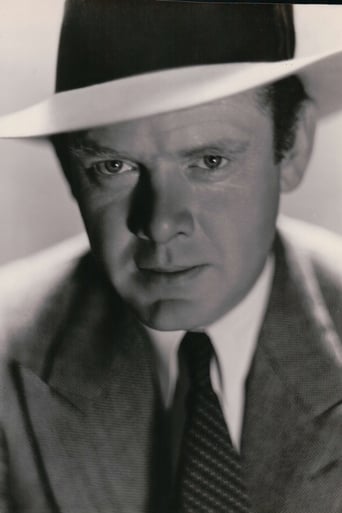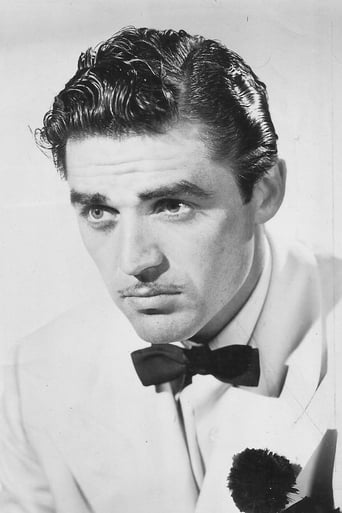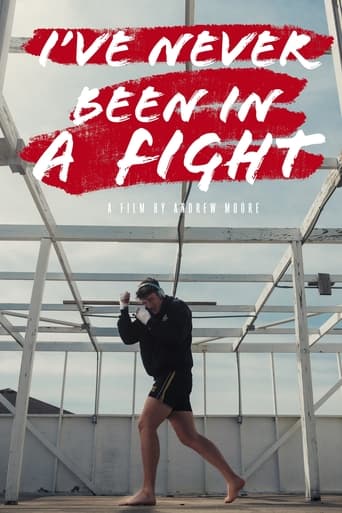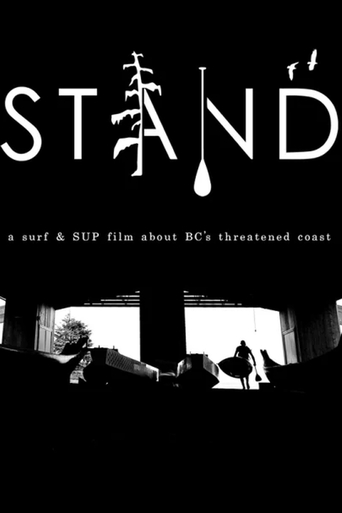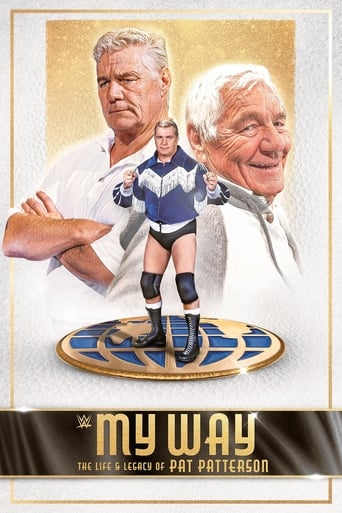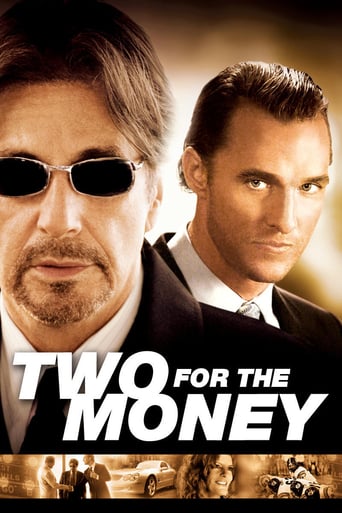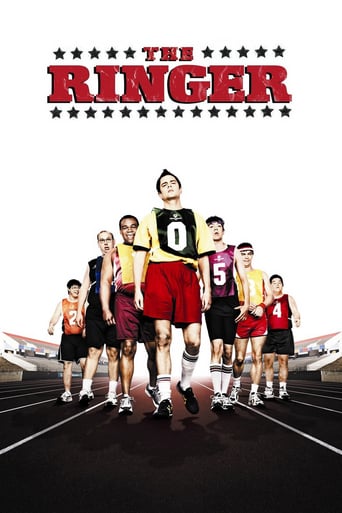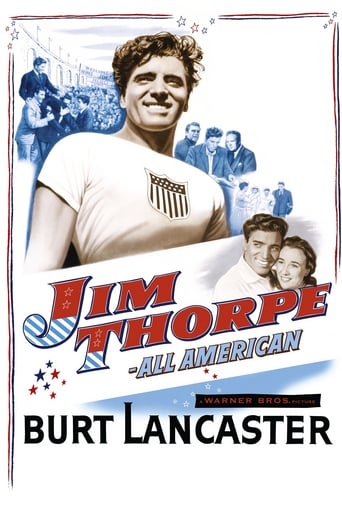
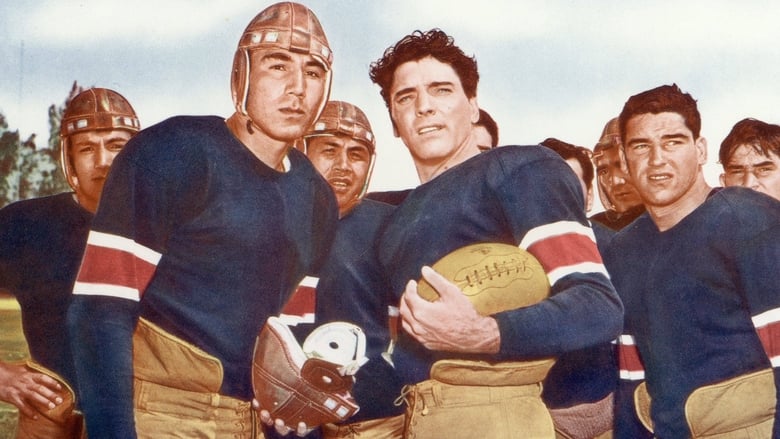
Jim Thorpe – All-American (1951)
The triumph and tragedy of Native American Jim Thorpe, who, after winning both the pentathlon and decathlon in the same Olympics, is stripped of his medals on a technicality.
Watch Trailer
Cast
Similar titles
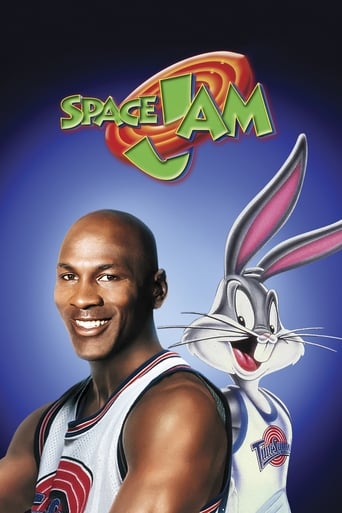
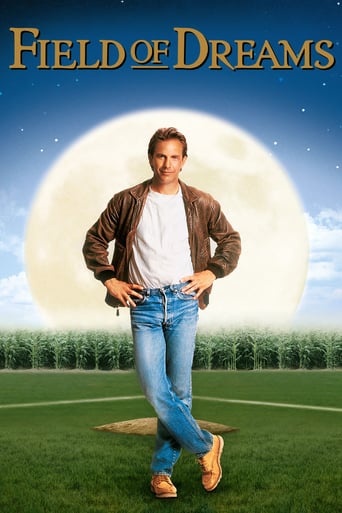

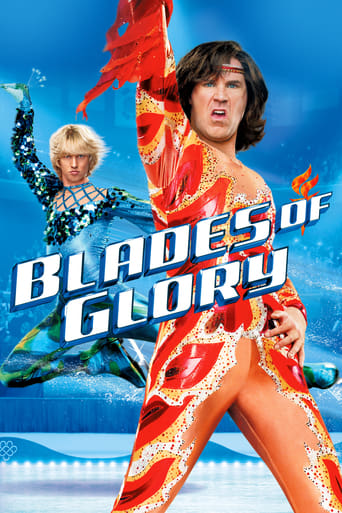
Reviews
Such a frustrating disappointment
For all the hype it got I was expecting a lot more!
It's a good bad... and worth a popcorn matinée. While it's easy to lament what could have been...
The plot isn't so bad, but the pace of storytelling is too slow which makes people bored. Certain moments are so obvious and unnecessary for the main plot. I would've fast-forwarded those moments if it was an online streaming. The ending looks like implying a sequel, not sure if this movie will get one
What do you want out of this film? This is the question you have to ask before you can discuss how good a film it is.If you want biographical accuracy, you might better read Wikipedia. For example, in the film Thorpe had 1 wife and 1 son; in reality he had 3 wives and 8 children. In the film he pulled himself up by the bootstraps after his fall from stardom; in reality, after his fall from grave he took jobs such as construction worker, doorman, bouncer, and ditch digger; he also joined the U.S. Merchant Marines and was a chronic alcoholic late in life...none of which is mentioned in the film. When being treated for skin caner in the 1950s he was admitted to a hospital as a charity case.On the other hand, if you want to watch a well-made relatively fictitious biopic that is quite entertaining, step right up. In that respect, it's a very good film.And, if you want to see Burt Lancaster is a great performance, also, step right up. He's terrific and does much of his own sports work here. And I give that praise for an actor I was never really very enamored with.Other primary actors here include Billy Gray ("Father Knows Best", Bud) as the young boy Jim Thorpe, Charles Bickford as "Pop" Warner (a fine performance as Thorpe's mentor), and Phyllis Thaxter as his only wife in the film.It would be interesting to see this film remade in today's political climate. How would a filmmaker today treat the Carlisle Indian School, for example? While this is an absorbing film, I walked away from it not impressed with the totality Jim Thorpe the man...even without all the failure that accompanied his later years.
The movie itself isn't outstanding in any way. Michael Curtiz, the director, keeps the bodies in motion and wastes no time on pretentious touches. Burt Lancaster is solid without rising above the rather banal script, in which Jim Thorpe, a Sac and Fox Indian, starts out an impoverished kid on the reservation, rises to athletic stardom at Carlisle Indian School, goes on to win a bunch of hard-earned medals at the 1912 Olympics (in which George C. Patton was a member of the boxing team), marries the girl he's always loved, has a child on whom he dotes as the reincarnation of his self, and then -- one by one -- loses it all.One can hardly blame him for his downward slide. His Olympic (or Olympian) feats are nullified because he played baseball for money during a summer vacation from Carlisle. Along with them goes the coaching job he's been hoping for. His beloved son dies later. His bitterness drives away his wife -- for good. He soldiers on, playing professional football, but for less prestigious teams and lower salaries. Like the rest of us, as he grows older he loses his stamina until he can't find any work in sports. He plays host at a marathon dance in the 1930s dressed as a cigar-store Indian. He alienates his few remaining friends, including his college coach, Pop Warner (Charles Bickford), who gave him his start.Finally, he drives a truck over a football belonging to a gang of kids, gives them a new football and teaches them the elements of the sport. "Gee, thanks, Coach," says one of the kids. A broad smile spreads across Lancaster's face when he's so addressed and he -- in the words of Pop Warner -- "finds himself." The final scene has him being honored at a vast reception, looking gray at the temples, neatly dressed, grateful and distinguished. The applause deafens the listener.It's something of a cop out, that ending. Not just because the real Thorpe never managed to climb out of one of the lower socioeconomic classes, but because it panders to an audience that wants a typical Hollywood happy ending, or at least an ending ambiguous enough to suggest ultimate redemption, like "Young Man With a Horn," about a Bix Beiderbeck character. Hardly any mention is made of alcohol.The ending makes no sense. How does an individual "find himself." What does it MEAN? It's like saying that someone "got in touch with his feelings." And after having been a winner in grueling competitions like the Pentathlon and the Decathlon and having become world famous, meeting with the King of Sweden, and relishing it, are you really saved if a handful of raggedy slum kids call you "Coach" and run away after you kick their new football in their direction? Thorpe became a big, shambling wreck and picked up a few bit parts in Hollywood movies. If you want to see what he was like in the late 1940s, watch the scene in John Ford's "Wagonmaster" in which the LDS members dance in a circle with the Indians, and Ward Bond looks up with awe at the giant next to him.The soft landing notwithstanding, it's an exciting movie, and an exhilarating one. Great to see Burt Lancaster in the track and field events. (He didn't play football and wasn't much at baseball.) Lancaster was as fit as a fiddle. He kept himself in shape through regular exercise and practice. He never lifted weights so he was sinuous rather than muscle-bound like some screen narcissists.Being a hero is a tough row to hoe, or at least I would imagine. Not only is it tough being an athlete, but it raises the question of what you do for an encore. Like ex-presidents, ex-athletes must have a difficult time dealing with the discrepancy between what they once were and what they now are. Perhaps wisely, this movie focuses mainly on what Jim Thorpe was, and gives us a foolish ending so that we can walk away from the film feeling all warm inside. To treat Thorpe's later career seriously would involve a very different kind of movie.
Entertaining telling of the Jim Thorpe story, but mostly pure Hollywood (as was common at the time). Despite stating that Thorpe was a consultant, it contains many inaccuracies and glosses over a lot. It's a good introduction to the greatest natural athlete of the 20th Century, but needs an up to date, more factual account of the Carlisle experience, the issue of professionalism in amateur sports of the era and Jim's role in it, and Jim's life after Carlisle. Until that time, enjoy the story with all its limitations, then go read a current biography like "The Real All Americans" by Sally Jenkins to get a picture of Jim, his achievements and life at Carlisle Indian school.
Burt Lancaster and Charles Bickford give convincing portrayals as Jim Thorpe and Pop Warner respectively. It is too bad that Indians could not have played many of the characters but then this was 1951. Thorpe himself was an advisor bringing credibility to the film related to its accuracy.

